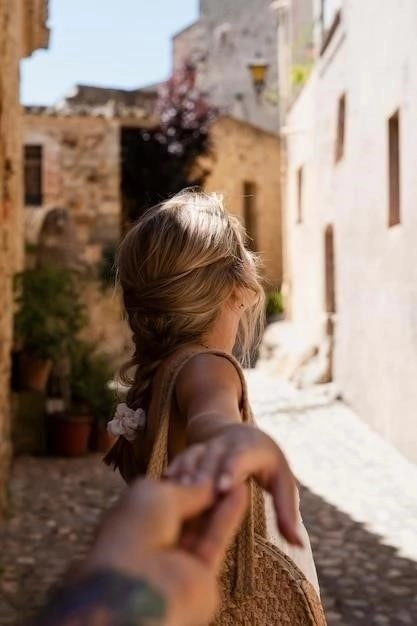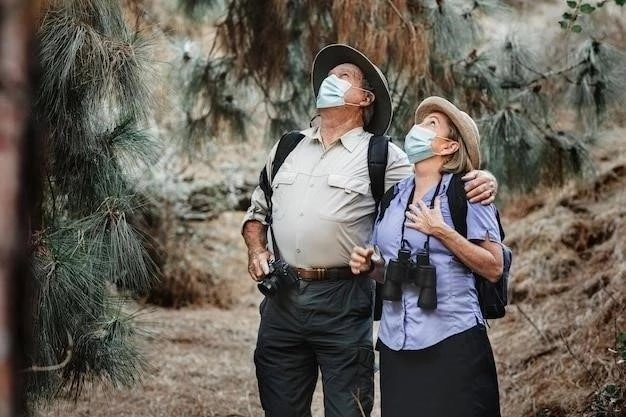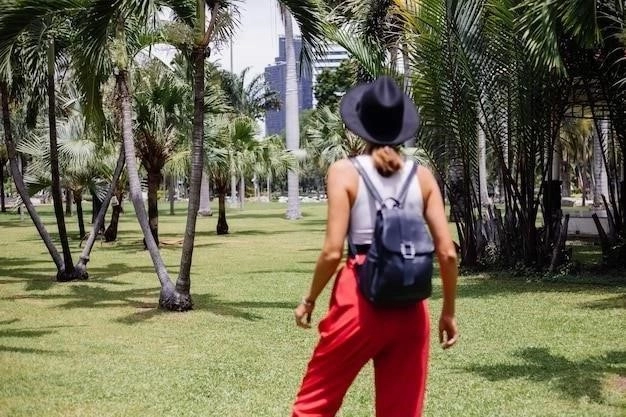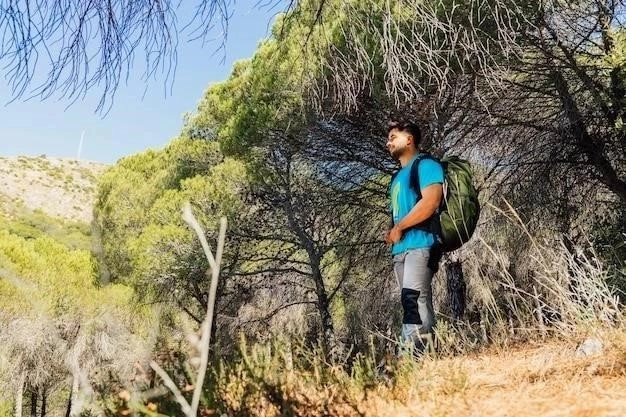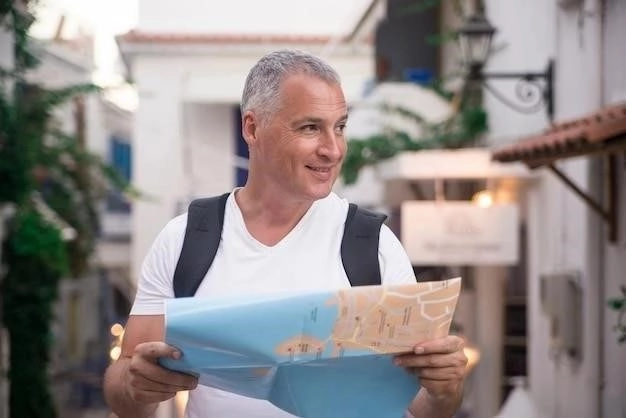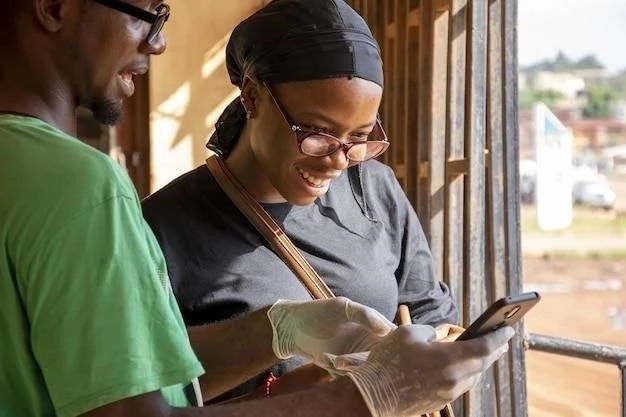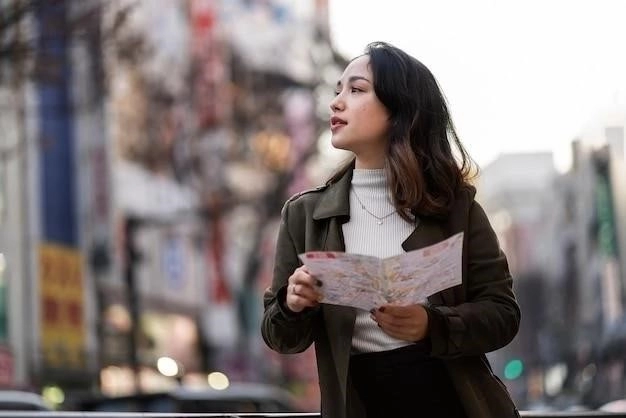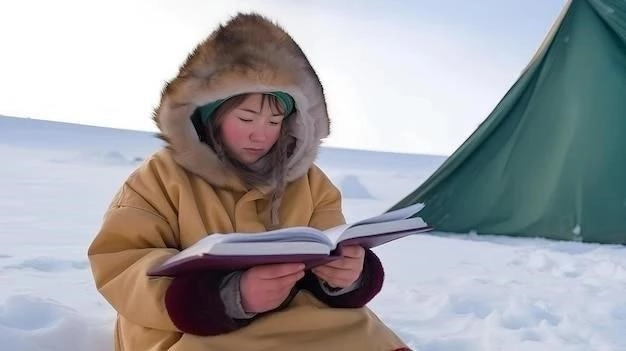Eritrea, a country on the Horn of Africa, presents a unique travel experience. Known for its rich history, diverse culture, and stunning landscapes, Eritrea offers a journey off the beaten path. This guide provides essential information for planning your Eritrean adventure, from visa regulations to safety tips, to ensure a memorable and enriching experience.
Visa and Permits
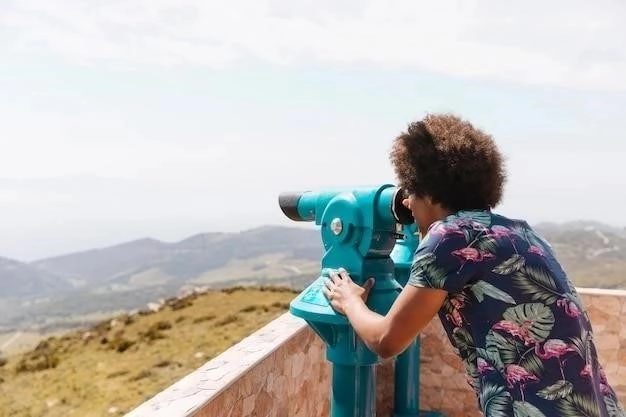
Acquiring entry permission for Eritrea involves a multi-step process. Most nationalities require a visa to enter Eritrea, which must be obtained in advance from an Eritrean embassy or consulate. Visa processing times can vary, so it is recommended to apply well ahead of your intended travel dates.
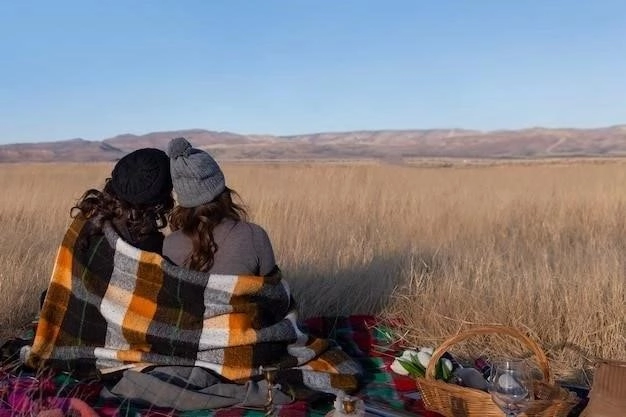
Beyond the initial visa, securing travel permits is essential for exploring beyond the capital, Asmara. These permits are required for travel to specific regions and can be obtained through the Department of Tourism in Asmara or through authorized travel agencies. It is advisable to plan your itinerary in advance and apply for the necessary permits well ahead of time, as approvals can take several days.
Travel regulations are subject to change, so it is crucial to stay updated with the latest requirements from the Eritrean embassy or consulate in your home country before your departure. Meticulous planning and adherence to visa and permit regulations are paramount for a smooth and enjoyable journey in Eritrea.
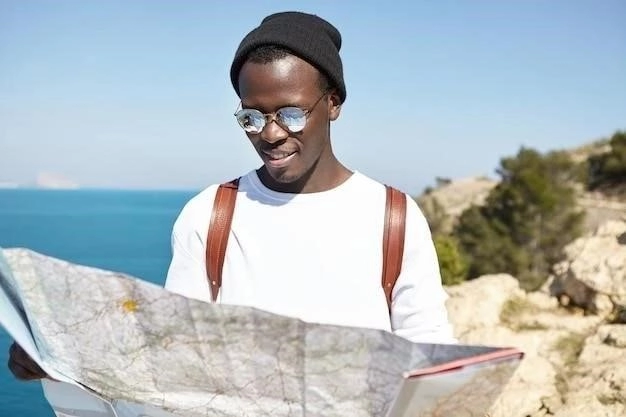
Things to Do
Eritrea offers a diverse range of activities for the discerning traveler. Explore the UNESCO-listed city of Asmara, with its captivating blend of Italian modernist architecture and Eritrean culture. Stroll along its vibrant streets, savor traditional coffee ceremonies, and discover historical landmarks such as the Fiat Tagliero building and the National Museum.
For those seeking natural wonders, Eritrea’s diverse landscapes beckon. Embark on a diving or snorkeling expedition in the Red Sea, renowned for its pristine coral reefs and abundant marine life. Venture into the Danakil Depression, one of the world’s hottest and lowest places, and witness its surreal volcanic landscapes. Hike through the rugged mountainscapes, home to traditional villages and breathtaking vistas.
Immerse yourself in Eritrea’s rich culture by attending local festivals and events. Experience the warmth and hospitality of the Eritrean people, savor the flavors of Eritrean cuisine, and learn about the nation’s fascinating history and traditions. Whether drawn to its cultural treasures or natural beauty, Eritrea offers a unique and unforgettable travel experience.
Tourist Destinations
Eritrea, a land of captivating contrasts, boasts a wealth of tourist destinations awaiting exploration. Asmara, the nation’s capital, stands as a testament to its rich history and architectural grandeur. Recognized as a UNESCO World Heritage site, the city captivates with its Italian modernist architecture, a legacy of its colonial past.
Beyond Asmara, venture to the ancient port city of Massawa, once a vital hub on the Red Sea trade route. Explore its historic old town, with its Ottoman and Egyptian influences, and relax on the pristine beaches of the Dahlak Archipelago, renowned for their untouched coral reefs and diverse marine life.
For the adventurous traveler, the Danakil Depression offers a surreal and unforgettable experience. Witness active volcanoes, shimmering salt flats, and otherworldly landscapes in this geological marvel, often referred to as “Earth’s hottest place.” From ancient ruins to natural wonders, Eritrea’s tourist destinations promise a journey of discovery and wonder.
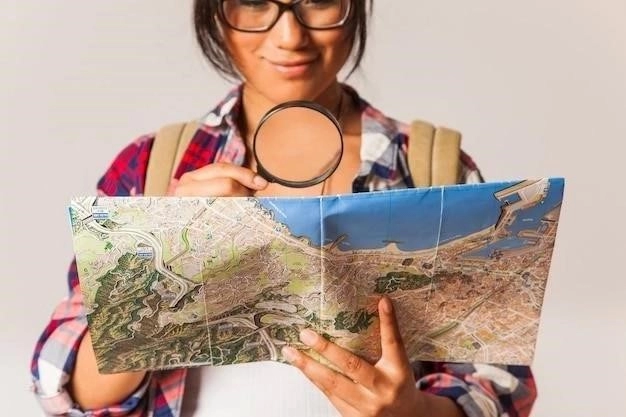
Accommodation
Eritrea offers a range of accommodation options, catering to various budgets and preferences. In Asmara, the capital city, visitors can find a selection of hotels, ranging from modest guesthouses to more upscale establishments. These hotels often reflect the city’s architectural charm, with some housed in historic buildings dating back to the Italian colonial era.
Outside the capital, accommodation options tend to be more limited, with smaller hotels and guesthouses prevalent in major towns and cities. For those seeking a more immersive cultural experience, there are opportunities to stay in traditional lodging, such as community-run guesthouses in rural villages. It is advisable to book accommodations in advance, especially during peak travel seasons or when visiting more remote areas.
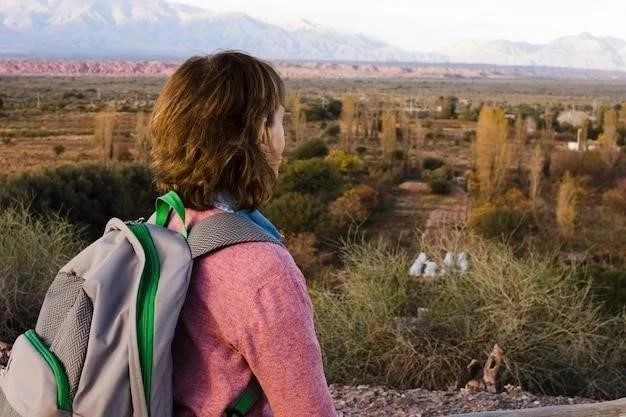
While Eritrea’s tourism infrastructure is still developing, the country offers a genuine and welcoming atmosphere. Whether seeking modern amenities or a more traditional experience, travelers can find suitable accommodation to enhance their Eritrean journey.
Transportation
Navigating Eritrea involves understanding the available transportation options. Within Asmara, the capital city, taxis are a convenient and readily available mode of transport. Negotiating fares before commencing your journey is customary. Minibuses, known locally as “contrabandos,” provide an economical means of navigating within the city and traveling to nearby towns.
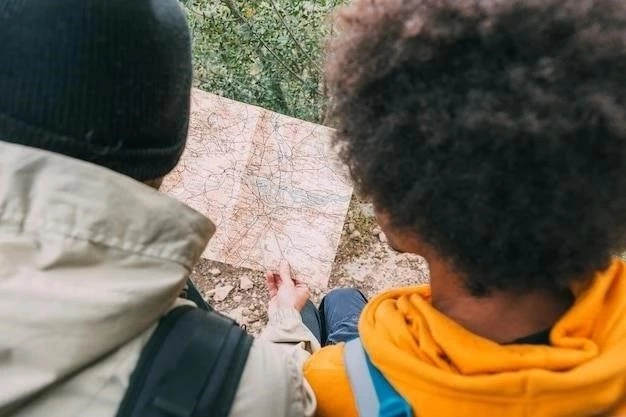
For traversing longer distances between cities and regions, buses are the primary mode of transportation. While bus services are generally reliable, they can be subject to delays, particularly in rural areas. Renting a car is an option for independent exploration, but it is essential to note that road conditions can vary significantly outside of major cities.
Eritrea also has a railway system, primarily used for freight transport. However, there are occasional passenger services available, offering a unique way to experience the country’s landscapes. When planning your transportation, it is advisable to factor in potential delays and make necessary arrangements in advance, particularly for travel outside of Asmara.
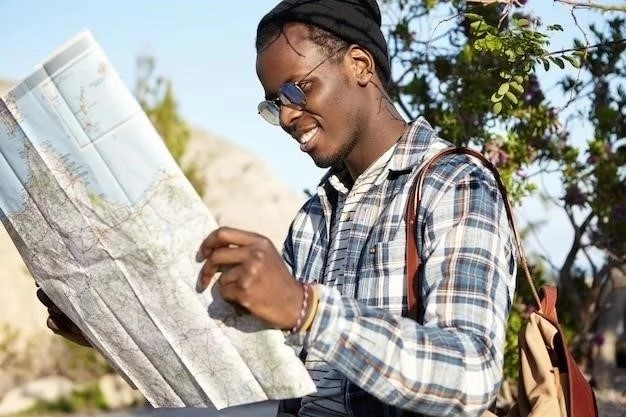
Safety and Security
Eritrea maintains a relatively safe environment for travelers, but it is essential to exercise awareness and caution. While violent crime is uncommon, petty theft can occur, particularly in crowded areas. Safeguarding valuables, such as passports and electronic devices, is advisable.
Photography of military installations or government buildings is strictly prohibited. It is prudent to seek permission before photographing individuals, particularly in rural areas. Respect for local customs and traditions is crucial. Dress modestly, particularly when visiting religious sites, and be mindful of cultural sensitivities.
Prior to travel, it is highly recommended to check for any travel advisories issued by your home government and register with your embassy upon arrival in Eritrea. Staying informed about local conditions and adhering to safety precautions will contribute to a secure and enjoyable travel experience.

